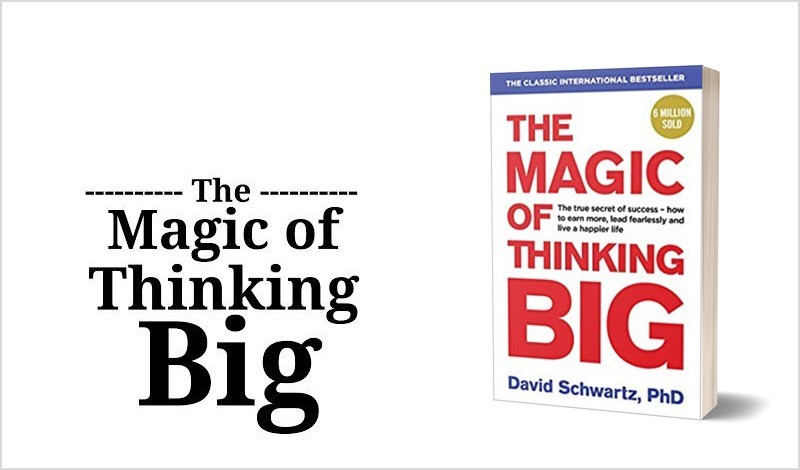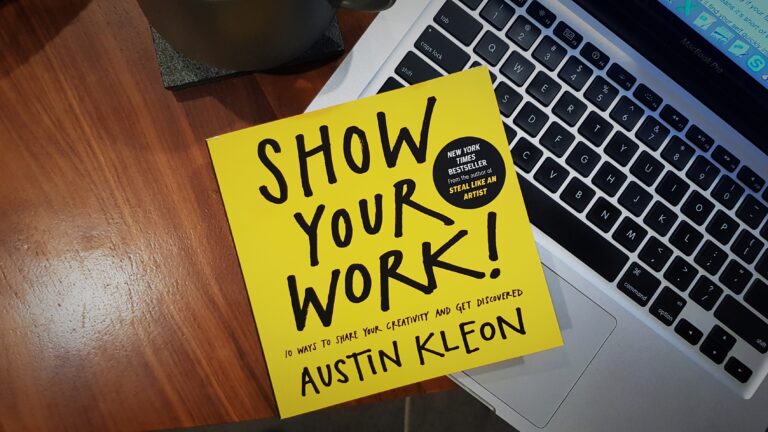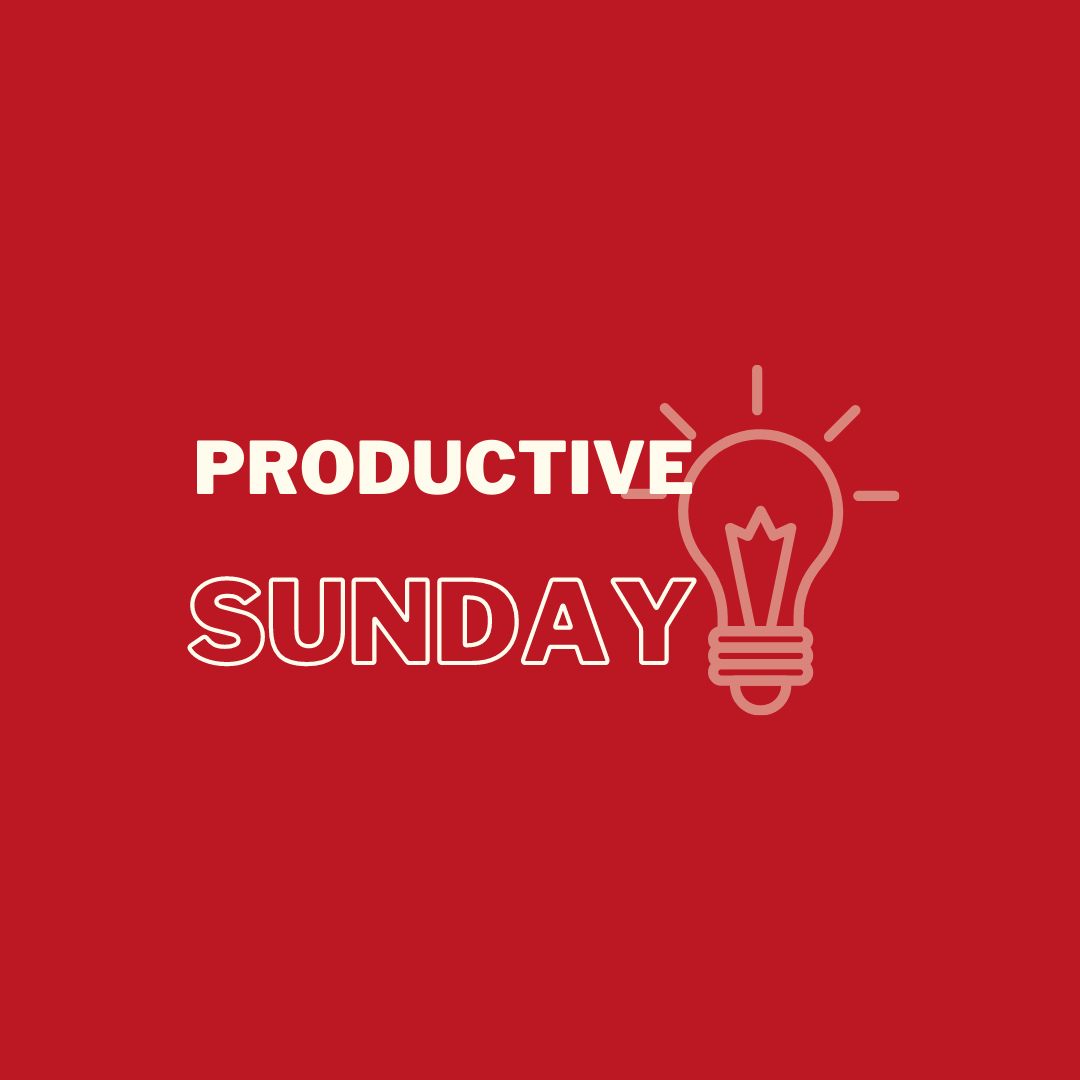Take-home Messages:
- Be an activationist. Be someone who does things. Be a doer, not a don’t-er.
- Don’t wait until conditions are perfect. They never will be. Expect future obstacles and difficulties and solve them as they arise.
- Remember, ideas alone won’t bring success. Ideas have value only when you act upon them. 4. Use action to cure fear and gain confidence. Do what you fear, and fear disappears. Just try it and see.
- Start your mental engine mechanically Don’t wait for the spirit to move you. Take action, dig in, and you move the spirit.
- Think in terms of now. Tomorrow, next week, later, and similar words often are synonymous with the failure word, never. Be an “I’m starting right now” kind of person.
- Get down to business—pronto. Don’t waste time getting ready to act. Start acting instead.
- Seize the initiative. Be a crusader. Pick up the ball and run. Be a volunteer. Show that you have the ability and ambition to do.
Favourite Highlights:
The “Okay-I’ll-give-it-a-try-but-I-don’t-think-it-will-work” attitude produces failures.
Think success, don’t think failure. At work, in your home, substitute success thinking for failure thinking. When you face a difficult situation, think, “I’ll win,” not “I’ll probably lose.” When you compete with someone else, think, “I’m equal to the best,” not “I’m outclassed.” When opportunity appears, think “I can do it,” never “I can’t.” Let the master thought “I will succeed” dominate your thinking process. Thinking success conditions your mind to create plans that produce success. Thinking failure does the exact opposite. Failure thinking conditions the mind to think other thoughts that produce failure.
Remind yourself regularly that you are better than you think you are. Successful people are not supermen. Success does not require a superintellect. Nor is there anything mystical about success. And success isn’t based on luck. Successful people are just ordinary folks who have developed belief in themselves and what they do. Never—yes, never—sell yourself short.
Believe Big. The size of your success is determined by the size of your belief. Think little goals and expect little achievements. Think big goals and win big success. Remember this, too! Big ideas and big plans are often easier—certainly no more difficult—than small ideas and small plans.
Jot that down in your success rule book right now. Action cures fear.
The conference clam thinks to himself, “My opinion is probably worthless. If I say something, I’ll probably look foolish. I’ll just say nothing. Besides, the others in the group probably know more than I. I don’t want the others to know how ignorant I am.” Each time the conference clam fails to speak, he feels even more inadequate, more inferior. Often he makes a faint promise to himself (that down deep he knows he won’t keep) to speak “next time.
This is very important: each time our clam fails to speak, he takes one more dose of confidence poison. He becomes less and less confident of himself.
But on the positive side, the more you speak up, the more you add to your confidence, and the easier it is to speak up the next time. Speak up. It’s a confidence-building vitamin.
When you believe something is impossible, your mind goes to work for you to prove why. But when you believe, really believe, something can be done, your mind goes to work for you and helps you find the ways to do it.
Capacity is a state of mind. How much we
can do depends on how much we think we can do. When you really believe you can do more, your mind thinks creatively and shows you the way
Enthusiasm: To get enthusiastic, learn more about the thing you are not enthusiastic about.
Transmit good news to your family. Tell them the good that happened today. Recall the amusing, pleasant things you experienced and let the unpleasant things stay buried. Spread good news. It’s pointless to pass on the bad. It only makes your family worry, makes them nervous. Bring home some sunlight every day.
Make this little test regularly to keep you on the right track. Whenever you leave a person, ask yourself, “Does that person honestly feel better because he has talked with me?” This self training device works. Apply it when talking with employees, associates, your family, customers, even with casual acquaintances. A salesman friend is a real
Here’s a daily exercise that pays off surprisingly well. Ask yourself every day, “What can I do today to make my partner and family happy?”
Success depends on the support of other people.
In at least nine cases out of ten, the “likability” factor is the first thing mentioned. And in an overwhelmingly large number of cases, the “likability” factor is given far more weight than the technical factor.
The person who does the most talking and the person who is the most successful are rarely the same person.
Almost without exception, the more successful the person, the more he practices conversation generosity, that is, he encourages the other person to talk about himself, his views, his accomplishments, his family, his job, his problems. Conversation generosity paves the way to greater success in two important ways:
1. Conversation generosity wins friends.
2. Conversation generosity helps you learn more about people.
Remember this: the average person would rather talk about himself than anything else in this world. When you give him the chance, he likes you for it. Conversation generosity is the easiest, simplest, and surest way there is to win a friend.
Remember Benjamin Fairless when things go wrong. Just do two things:
Ask yourself, “What can I do to make myself more deserving of the next opportunity?” Don’t waste time and energy being discouraged. Don’t berate yourself. Plan to win next time.
Make yourself lighter to lift. Be likable. Practice being the kind of person people like. This wins their support and puts fuel in your success-building program. Take the initiative in building friendships. Introduce yourself to others at every opportunity. Make sure you get the other person’s name straight, and make certain he gets your name straight too. Drop a personal note to your new friends you want to get to know better.
Tune in Channel P, the Good Thoughts Station. Find qualities to like and admire in a person, not things to dislike. And don’t let others prejudice your thinking about a third person. Think positive thoughts toward people—and get positive results.
Practice conversation generosity. Be like successful people. Encourage others to talk. Let the other person talk to you about his views, his opinions, his accomplishments.
Practice courtesy all the time. It makes other people feel better. It makes you feel better too.
Don’t blame others when you receive a setback. Remember, how you think when you lose determines how long it will be until you win.
Here are two things to do to help you avoid the costly mistake of waiting until conditions are perfect before you act.
Expect future obstacles and difficulties. Every venture presents risks, problems, and uncertainties. Let’s suppose you wanted to drive your car from Chicago to Los Angeles, but you insisted on waiting until you had absolute assurance that there would be no detours, no motor trouble, no bad weather, no drunken drivers, no risk of any kind. When would you start? Never! In planning your trip to Los Angeles it makes sense to map your route, check your car, in other ways to eliminate as much risk as possible before you start. But you can’t eliminate all risks.
Meet problems and obstacles as they arise. The test of a successful person is not the ability to eliminate all problems before he takes action, but rather the ability to find solutions to difficulties when he encounters them. In business, marriage, or in any activity, cross bridges when you come to them.
Put these two thoughts deep in your mind. First, give your ideas value by acting on them. Regardless of how good the idea, unless you do something with it, you gain nothing.
A humorist once said the most difficult problem in life was getting out of a warm bed into a cold room. And he had a point. The longer you lie there and think how unpleasant it will be to get up, the more difficult it becomes. Even in such a simple operation as this, mechanical action, just throwing off the covers and putting your feet on the floor, defeats dread.
The point is clear. People who get things done in this world don’t wait for the spirit to move them; they move the spirit.
Use the mechanical way to accomplish simple but sometimes unpleasant business and household chores. Rather than think about the unpleasant features of the task, jump right in and get going without a lot of deliberation.
Do this today: Pick the one thing you like to do least. Then, without letting yourself deliberate on or dread the task, do it. That’s the most efficient way to handle chores: Next, use the mechanical way to create ideas, map out plans, solve problems, and do other work that requires top mental performance. Rather than wait for the spirit to move you, sit down and move your spirit.
Now is the magic word of success. Tomorrow, next week, later, sometime, someday often as not are synonyms for the failure word, never.
Lots of good dreams never come true because we say, “I’ll start someday,” when we should say, “I’ll start now, right now.
Remember, thinking in terms of now gets things accomplished, But thinking in terms of someday or sometime usually means failure.
Get the “speak up” habit. Each time you speak up, you strengthen yourself. Come forward with your constructive ideas.
But there’s a way to break this habit. Tell yourself, “I’m in condition right now to begin, I can’t gain a thing by putting it off. I’ll use the ‘get ready’ time and energy to get going instead.
Be a volunteer. Each of us has been in situations in which we wanted to volunteer for some activity but didn’t. Why? Because of fear. Not fear that we couldn’t accomplish the task, but rather fear of what our associates would say. The fear of being laughed at, of being called an eager beaver, of being accused of bucking for a raise holds many people back. It’s natural to want to belong, to be accepted, to have group approval. But ask yourself, “Which group do I want to have accept me: the group that laughs because it is secretly jealous or the group that is making progress by doing things?” The right choice is obvious. The volunteer stands out. He receives special attention. Most important of all, he gives himself an opportunity to show he has special ability and ambition by volunteering.
People place confidence in the fellow who acts. They naturally assume he knows what he is doing.
I’ve never heard anyone complimented and praised because “he doesn’t disturb anyone,” “he doesn’t take action,” or “he waits until he’s told what to do.” Have you?
Being self-critical is constructive. It helps you to build the personal strength and efficiency needed for success. Blaming others is destructive. You gain absolutely nothing from “proving” that someone else is wrong.
A goal is an objective, a purpose. A goal is more than a dream; it’s a dream being acted upon. A goal is more than a hazy “Oh, I wish I could.” A goal is a clear “This is what I’m working toward.
The important thing is not where you were or where you are but where you want to get.
The point is this: energy increases, multiplies when you set a desired goal and resolve to work toward that goal. Many people, millions of them, can find new energy by selecting a goal and giving all they’ve got to accomplish that goal. Goals cure boredom. Goals even cure many chronic ailments.
On occasion all of us have woken up on Saturday morning with no plans, no agenda either mental or written that spells out what we’re going to do. On days like that we accomplish next to nothing. We aimlessly drift through the day, glad when it’s finally over. But when we face the day with a plan, we get things done.
This common experience provides an important lesson: to accomplish something, we must plan to accomplish something.
Let your major goal be your automatic pilot. When you let your goal absorb you, you’ll find yourself making the right decisions to reach your goal.
When something isn’t going right, I fix it. But it’s the way I fix it—that’s important. If employees are doing something wrong or are making a mistake, I am doubly careful not to hurt their feelings and make them feel small or embarrassed. I just use four simple steps: “First, I talk to them privately. “Second, I praise them for what they are doing well. “Third, I point out the one thing at the moment that they could do better and I help them find the way. “Fourth, I praise them again on their good points. “And this four-step formula works. When I do it this way, people thank me because I’ve found that’s exactly the way they like it. When they walk out of this office, they have been reminded that they are not only pretty good, they can be even better.
Remember Bob W.’s formula for helping others correct their mistakes. Avoid sarcasm. Avoid being cynical. Avoid taking people down a peg or two. Avoid putting others in their place.
Ask, “What is the human way to deal with people?” It always pays—sometimes sooner, sometimes later, but it always pays.
Praise your subordinates personally at every opportunity. Praise them for their cooperation. Praise them for every extra effort they put forth. Praise is the greatest single incentive you can give people, and it costs you nothing. Besides, a write-in vote has often overthrown a powerful, known candidate. You never know when your subordinates can do you a turn by coming to your defense. Practice praising people. Rub people the right way. Be human.





